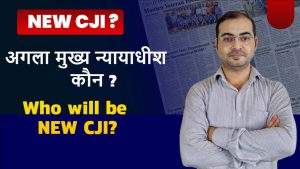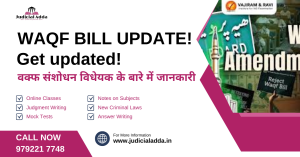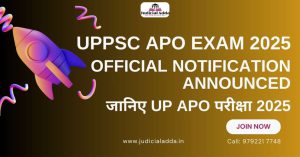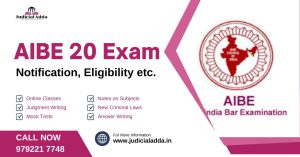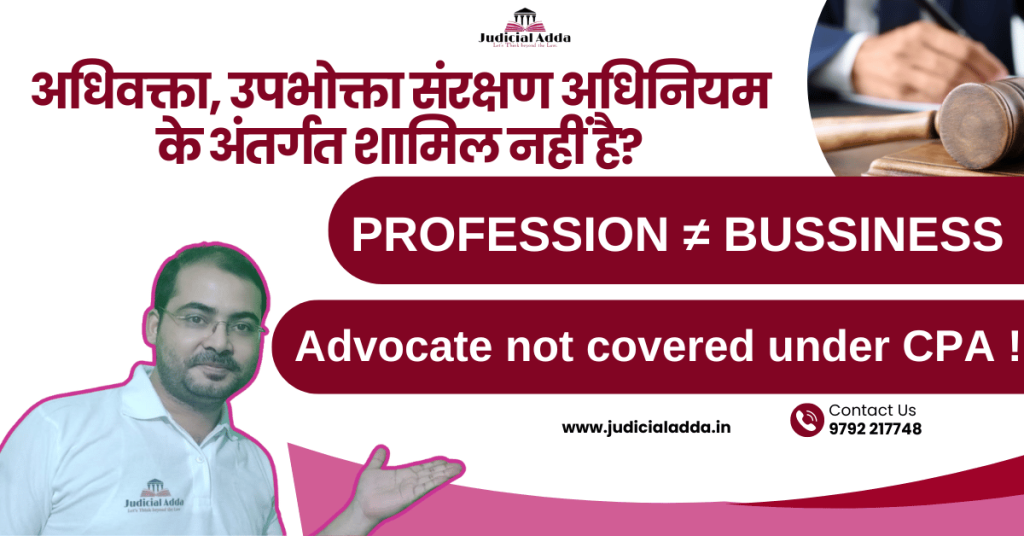
What the Supreme Court said in the case
Do you really think that profession of an Advocate is Sui Generis?
The Supreme Court Bench consisting of Justice Bela M. Trivedi and Pankaj Mithal ruled that the Consumer Protection Act of 1986 was implemented with the aim of safeguarding consumers against unjust behaviour and practices of traders. The legislative measure to exempt “regulated professions” from the purview of consumer legislation is based on the recognition that these professions are distinct and independent entities. Advocates are subject to regulation under the Advocates Act. Professional services, particularly those provided by lawyers, have never been included within the scope of the Consumer Protection Act by Indian legislation.
The Supreme Court ruled that the legal profession is distinguishable and cannot be equated with other professions. Profession of an Advocate is Sui Generis.
The Supreme Court ruled that “professions” should not be used synonymously with “business” or “trade”, as the latter incorporates a commercial dimension, while the former refers to a specific area of study or science that entails advanced expertise in the respective discipline.
The Supreme Court ruled that those classified as “businessmen,” “traders,” or “service providers” of products or goods cannot be assigned the same level of treatment as professionals.
The Supreme Court concluded that professionals can be legally sued or held accountable for their wrongdoing or illegal actions that result in legal, financial, or other harm to their clients. Professionals are not included in the scope of coverage provided by the Consumer Protection Act, 1986.
Fact of the case of C.A. NO. 2649/2009
- The appellant is a professional Advocate. Respondent Mr. D. K. Gandhi engaged the appellant’s services as an advocate to file a complaint in the Metropolitan Magistrate, Tis Hazari Court, Delhi, against Kamal Sharma under section 138 of the Negotiable Instruments Act. The complaint was filed because the cheque for 20,000/- issued by Kamal Sharma in favour of Mr. D. K. Gandhi was dishonored.
- According to the complaint case, Mr. Sharma, the accused, agreed to pay Rs.20,000/- for the dishonored cheque and Rs.5,000/- as the expenditures incurred by the complainant. On behalf of the respondent, the appellant allegedly received a DD/pay order for Rs.20,000/- and a crossed cheque of Rs.5,000/- from the accused Mr. Sharma. However, the appellant failed to deliver these items to the respondent and instead demanded Rs.5,000/- in cash. Furthermore, the appellant initiated legal proceedings at the court of Small Causes, Delhi, seeking the recovery of Rs. 5000/. He said that the amount was owed to him as his fees. Afterwards, the appellant issued a demand draft/pay order for Rs.20,000/- and a cheque for Rs.5000/- to the respondent. However, the accused Mr. Sharma halted the payment of the cheque for Rs.5,000/- at the appellant’s request. Accordingly, the respondent lodged a complaint with the District Consumer Disputes Redressal Forum in Delhi, requesting compensation of Rs. 15000/- in addition to the cheque amount of Rs.5,000/-, as well as Rs.10,000/- for the psychological distress and harassment, and with the associated expenses. On March 3, 1998, the appellant responded to the complaint by submitting a preliminary objection stating that the District Consumer Forum lacked jurisdiction to resolve the dispute raised in the complaint because the advocates were not included under the provisions of the Consumer Protection Act.
- Nevertheless, the district forum dismissed the aforementioned preliminary objection, asserting its authority to resolve the disagreement between the parties and subsequently ruled in favour of the respondent. In response to the aforementioned ruling, the appellant lodged an appeal with the State Commission. The State Commission, in its order dated 10.03.2006, granted the appeal, stating that the services provided by lawyers/advocates did not meet the definition of “service” as outlined in section 2(1)(o) of the CP Act, 1986. The NCDRC, however, issued the challenged decisions as stipulated in the revision application favored by the respondent.
- The Bar of Indian Lawyers, Delhi High Courts Bar Association, Bar Council of India, and appellant M. Mathias have filed the present series of appeals in response to being dissatisfied with the aforementioned defective order issued by the NCDRC.
The Supreme Court set aside the impugned order of the National Consumer Disputes Redressal Commission dated 06.08.2007. And held that profession of an Advocate is Sui Generis.
| How to Crack Judiciary Exam in First Attempt? | Bihar APO Notification 2024- Vacancy, Details |
| Maharashtra Judiciary Exam 2024 | RJS Mains Exam Cutoff 2024 |
Operative Part of the Case
“When we examine the relationship between an Advocate and his client from this point of view, the following unique attributes became clear:
- Advocates are generally perceived to be their client’s agents and owe fiduciary duties to their clients.
- Advocates are fastened with all the traditional duties that agents owe to their principles. For example, Advocates have to respect the client’s autonomy to make decisions at a minimum, as to the objectives of the representation.
- Advocates are not entitled to make concessions or give any undertaking to the Court without express instruction from the Client.
- It is the solemn duty of an advocate not to transgress the authority conferred on him by his client.
- An advocate is bound to seek appropriate instructions from the client or his authorized agent before taking any action or making any statement or concession which may, directly or remotely, affect the legal rights of the Client.
- The Advocate represents the client before the court and conducts proceedings on behalf of the client. He is the only link between the court and the client. Therefore, his responsibility is onerous. He is expected to follow the instruction of his client rather than substitute his judgement.
Thus, a considerable amount of direct control is exercised by the client over the manner in which an Advocate renders his services during the course of his employment. All of these attributes strengthen our opinion that the services hired or availed of an Advocate would be that of s contract ‘of personal service’ and would therefore stand excluded from the definition of “service” contained in the section 2(42) of the CP act, 2019. As a necessary corollary, a complaint alleging “deficiency in service” against Advocates practicing legal profession would not be maintainable under the CP act, 2019.
In that view of the matter, we summarize our conclusions as under –
- The very purpose and object of the CP Act 1986 as re-enacted in 2019 was to provide protection to the consumers from unfair trade practices and unethical business practice, and the legislature never intended to include either the Professions or the services rendered by the Professionals within the purview of the said Act of 1986/ 2019.
- The Legal Profession is sui generis i.e. unique in nature and cannot be compared with any other profession.
- A service hired or availed of an Advocate is a service under “a contract of personal service,” and therefore would all within the exclusionary part of the definition of “Service” contained in Section 2 (42) of the CP Act 2019.
- A complaint alleging “deficiency in service” against Advocates practicing legal profession would not be maintainable under the CP Act, 2019.
The impugned judgment passed by the NCDRC is set aside. The appeals stand allowed accordingly.” So from the above conclusion, we may say that profession of an Advocate is Sui Generis.
Reference: Supreme Court Bar of Indian Lawyers through its President Jasbir Singh Malik Vs. D.K. Gandhi PS National Institute of Communicable Diseases & Anr., Civil Appeal No. 2646 of 2009 dt. 14.05.2024.


